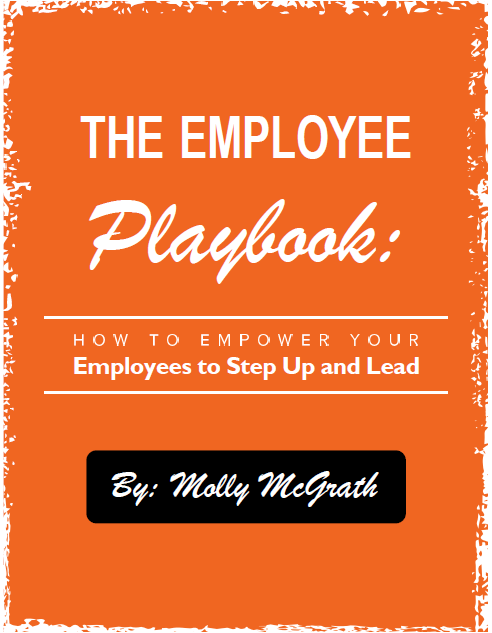
If HR specialists were alchemists, their philosopher’s stone would be work motivation. Unlocking the secret to limitless engagement and productivity is the ultimate dream and ambition of anyone in the hiring business and yet, of course, there’s no easy recipe. Creating a motivated workplace isn’t quite as difficult as unlocking the key to eternal life, but it can sometimes feel close. Small businesses feel the impact of employee turnover or underperformance in acute ways and yet are limited by having fewer resources than their big-league counterparts. Luckily, strategies exist that allow them to punch far above their weight and compete for top market talent. Variable pay is one example.
Boosting Work Motivation with Variable Pay
Variable pay is a financial reward for outstanding performance. Most commonly, it comes in the form of commissions, bonuses, or management by objectives (MBOs). Different businesses will find different advantages in each structure but all will benefit from an ability to incentivize talent with extra wages in return for increased productivity.
3 Types of Variable Pay
1. Commissions
Commissions refer to the familiar concept of cutting employees a percentage of a sale as a reward for a job well done. Sometimes, this practice gets a bad rap because employers exploit commissions to cover low wages but this need not (and should not) be the case. Sales-driven enterprises can provide commissions on top of competitive salaried hours as a means of boosting wages and showering high-performers with appreciation.
2. Bonuses
Bonuses reward work well done but, unlike commissions, do not link this to sales. Law firms and other service-based enterprises are familiar with the practice. Frequently, bonuses are given at Christmas time as a gesture of seasonal generosity but are common at other times of the year, as well. Quarterly and annual bonuses are standard in many industries, and, increasingly, a powerful incentive for new market talent.
Small law firms can’t compete with Big Law bonuses but they can pair modest financial incentives with other appreciation programs to at once nourish intrinsic motivation and ensure your team feels seen.
3. MBOs
MBOs are goals assigned to employees and tied to financial incentives. Finish a project by (or before) the deadline? Great! Good work deserves an appropriate reward. Simple as that.
Bonuses, commissions, and MBOs all come on top of salaried hours and thus tap into an internal desire to succeed.
Variable pay incentives work because they arouse the human need for recognition. As a species, we owe our success to teamwork and for a team to excel, every member needs to feel seen. Money is not the only way to express recognition, but it’s one way that is universally understood and appreciated.
Small businesses often shy away from financial perks believing that non-monetary shows of gratitude matter just as much (and don’t impact your revenue goals). This may be true but within limits. Cash continues to be our world’s main currency so as long as this is the case, top talent will be able to demand top dollar. Variable pay incentives allow you to meet this demand while respecting your own financial goals by pairing extra wages with extra productivity.
To learn more about win-win strategies that empower your team and your business, book a call with me today!

